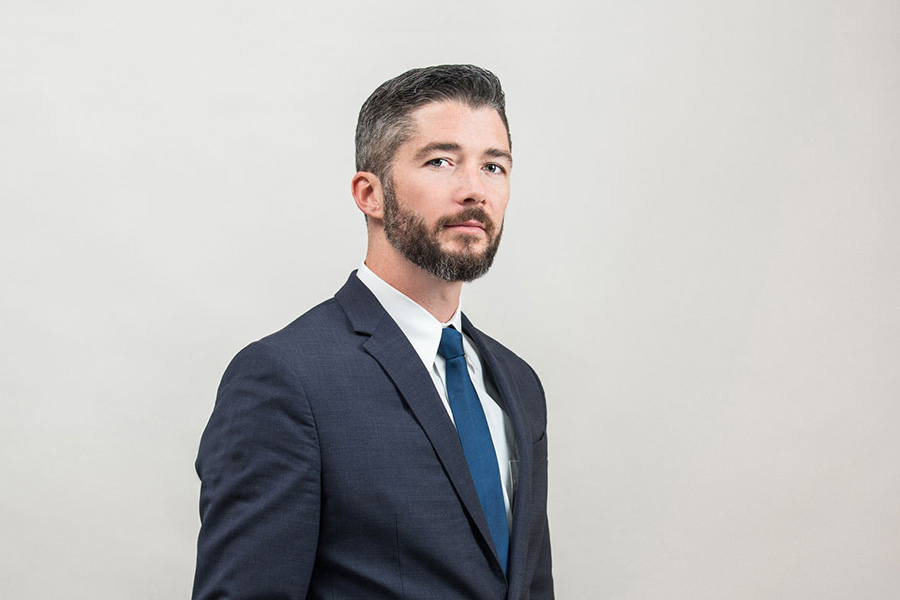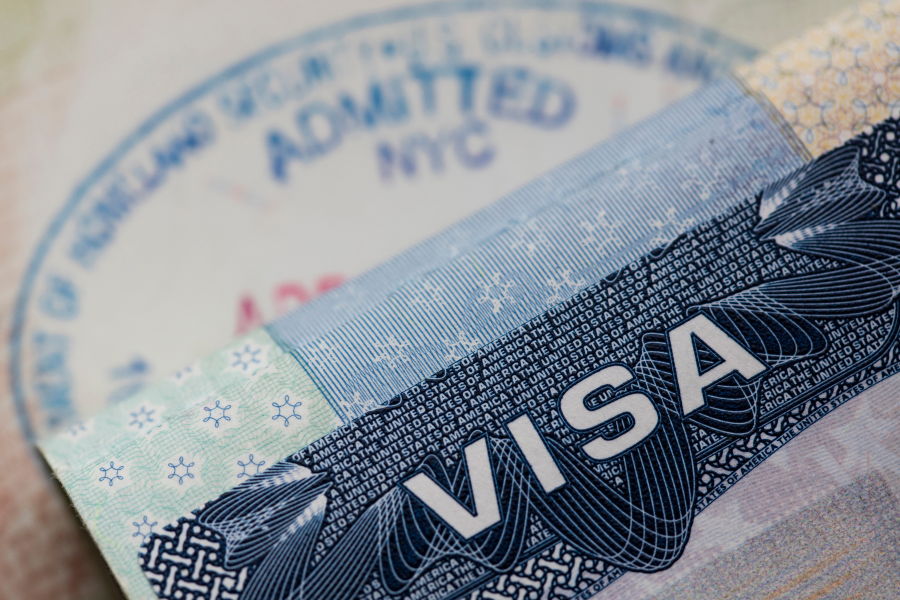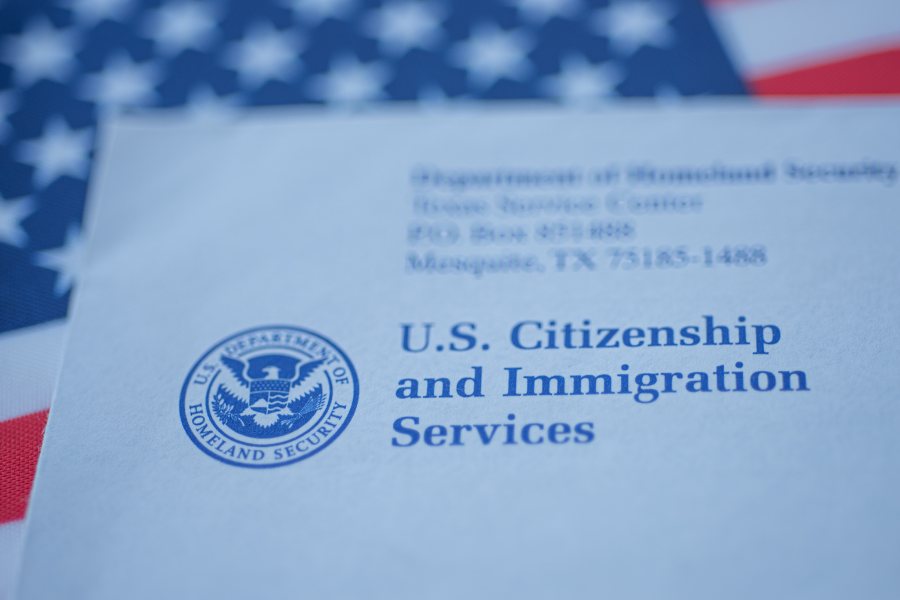On April 22, 2019, President Donald Trump issued a memorandum instructing top officials to do everything in their power to curb the number of nonimmigrant individuals who overstay their visas. The accompanying Fact Sheet released by the White House describes the problem of visa overstay as “rampant” and states that, as of March 2019, there are currently over 415,000 individuals in the United States suspected to still be in the United States after overstaying their nonimmigrant visas in fiscal year (FY) 2018.
While the President acknowledges that the U.S. “benefits from legitimate nonimmigrant entry,” certain countries have overstay rates that are “unacceptably high,” which, he maintains, is an abuse of the legitimate visa process. Accordingly, the memo focuses on countries with an overstay rate of 10% or higher, and lays out a few potential policies to limit visa overstays.
Per the FY 2018 Entry/Exit Overstay Report issued by DHS, there are 20 countries with a total overstay rate of 10% or higher. The list is comprised of predominantly African and Asian countries and includes Afghanistan, Bhutan, Chad, Nigeria, and Somalia.
The memo is not a binding document, nor does it have legal teeth, but it does pave the way for Department of Homeland Security (DHS) to impose harsh restrictions on countries that do not comply with the Trump administration’s immigration policies. The President has directed the State Department and DHS to “immediately begin taking all appropriate actions that are within the scope of their respective authorities to reduce overstay rates for all classes of nonimmigrant visas.”
The Secretaries of State and Homeland Security will, per the memo, provide recommendations about how best to reduce B-1 and B-2 overstay rates from the identified countries within 120 days. These recommendations will, presumably, inform the resultant policies and/or sanctions. Suspending or restricting entry from countries with high rates of visa overstays and imposing “admission bonds” are among the policy measures floated in the memo.
Green and Spiegel will closely monitor any developments connected to the President’s Memo. Please contact us if you have any questions about tourist/visa application, visa overstay scenarios, or authorized periods of admission.




